Fast track to post-virus freedom on the radar
Accelerated reopening of economy, with earlier easing of restrictions, to be proposed to national cabinet within two weeks.
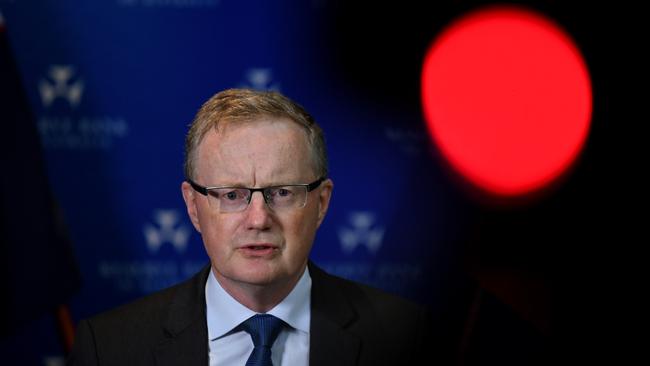
An accelerated reopening of the economy, including the earlier easing of restrictions and larger gatherings, is expected to be recommended to national cabinet within two weeks if the trend in low daily coronavirus infection rates continues.
The Australian understands the federal government is hopeful that the July deadline for the states to implement the three-staged opening of their economies could be brought forward, if commonwealth and state health officials reach agreement.
The Australian has also established that a non-quarantine infection rate of fewer than 10 new cases a day is being used as a rough benchmark for the Australia Health Protection Principal Committee in its deliberations over the timing of the further easing of restrictions.
Federal and state chief medical officers believe that an infection rate at that level, which has been met since the first substantial winding-back of restrictions began three weeks ago, could be manageable with a broader reopening of the economy.
Senior government sources have said that if the low infection rate continues for another two weeks, then it is likely that the AHPPC, dependent on consensus among state chief medical officers, would move to recommend a swifter lifting of restrictions.
Such a move may meet resistance from holdout states such as Queensland and Western Australia, which continue to defy national cabinet advice that there is no justification on health grounds to keep their borders closed to interstate travel.
The “10 new cases a day” yardstick excludes cases involving international arrivals in quarantine who pose no risk of transmitting infection into the community.
The possibility of a speedier economic recovery emerged as Reserve Bank governor Philip Lowe suggested on Thursday that the economic damage from the lockdowns might not be as bad as expected but left the door open for an extension of the JobKeeper program beyond the government’s timeframe.
National cabinet will debate on Friday the trajectory of restrictions but also high on the agenda will be potentially making the unprecedented arrangement a permanent fixture of a new federalism.
It is expected that Scott Morrison and the state and territory leaders will agree to a first-step process in significant reforms to the federation with broad agreement that the national cabinet become a permanent structure and a critical plank in driving the post-COVID economic recovery.
The Liberal and Labor leaders, who will meet for the first time in two weeks, will unveil national guidelines for safe public transport use and shift their focus from the health crisis — given Australia is doing well, with less than 7200 coronavirus cases — to rebooting the economy.
The speed by which states have eased social distancing restrictions over the past few weeks will be reviewed, with all states and territories except Queensland, Tasmania and South Australia halfway along a three-stage pathway to reopening their communities.
There were expectations that interstate border closures, which Chief Medical Officer Brendan Murphy has never recommended, will be discussed, as pressure mounts on Queensland Premier Annastacia Palaszczuk to lift her state’s ban before September.
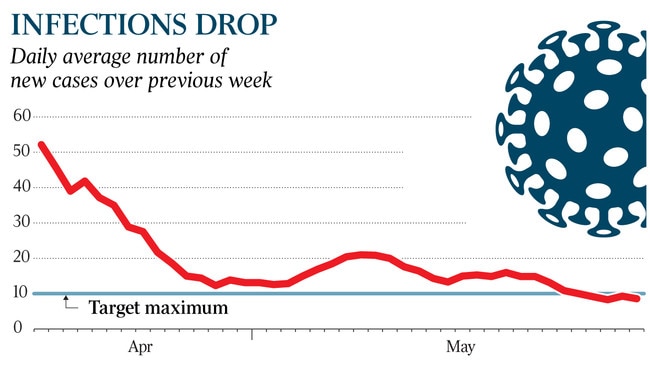
National cabinet — comprising the Prime Minister, premiers and chief ministers — first met on March 15 to co-ordinate Australia’s “wartime” response to the coronavirus pandemic, and has been popular among the political leaders.
NSW Premier Gladys Berejiklian said there was no doubt the national cabinet had cut out a lot of red tape.
“There is merit in considering these arrangements beyond COVID-19,” Ms Berejiklian said.
What is less certain is how the Council of Australian Governments will function in the post-coronavirus era.
COAG has been the peak body for developing state-federal plans and policies but has been criticised as being too clumsy and bureaucrat-heavy.
Senior government sources noted that the national cabinet process — led by the politicians — had worked without bureaucrats in the room dictating the agenda.
National cabinet has taken consensus decisions but there were significant divisions over school reopenings.
Health Minister Greg Hunt said national cabinet should continue because it had been an important tool in ensuring Australia successfully managed and contained COVID-19.
“We do know that the history of, not just the Spanish flu but also the Depression was that, in times of extreme stress, the federation splintered,” Mr Hunt said.
“And the Prime Minister came into this very aware of that history. We’d talked about it and discussed it, and he set out to have not just a single, unified medical voice, but to have the unity with the states.
“Looking at what’s happened with health, it’s allowed us to strike the private hospitals agreement. It’s allowed us to work with the public health units on the contact tracing.
“So it’s actually facilitated Australia’s response, and it’s been an immensely important, and I hope, abiding feature.”
National cabinet meetings have become less frequent as the coronavirus crisis was brought under control, changing from biweekly to fortnightly.
Additional reporting: Rosie Lewis


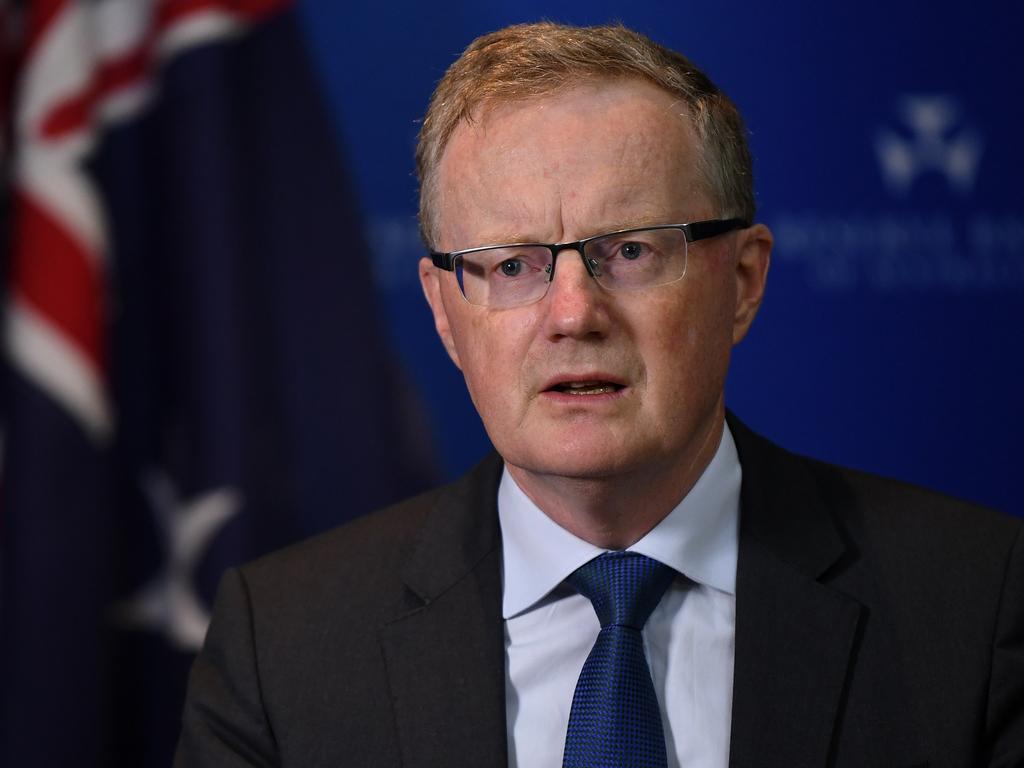
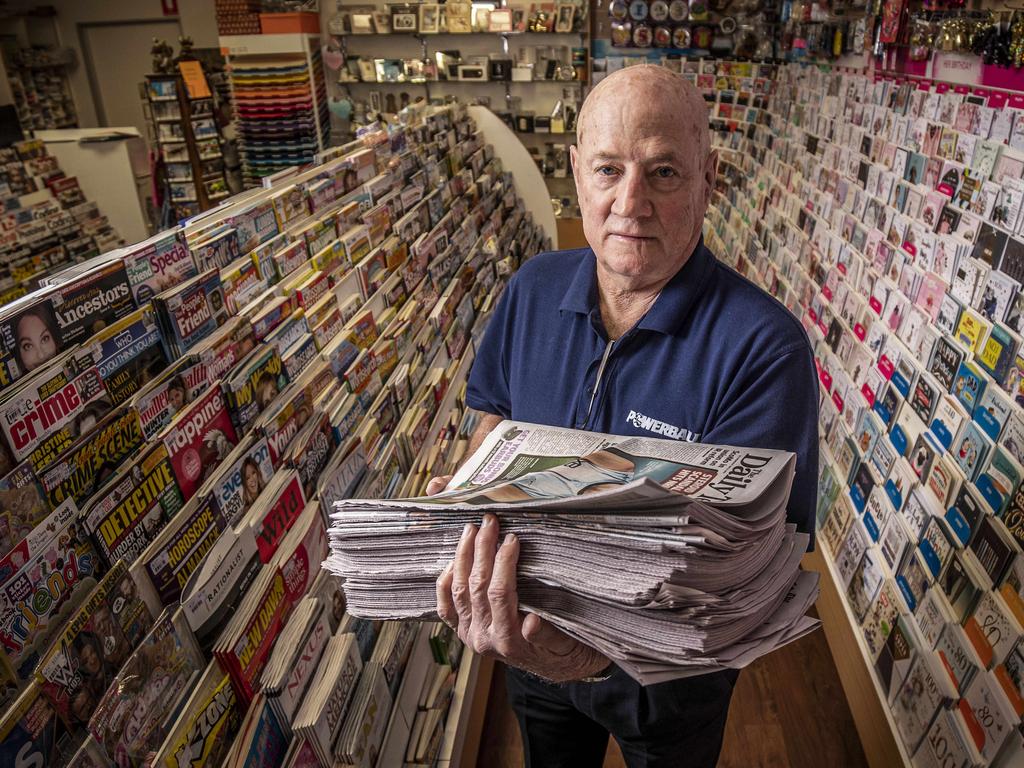

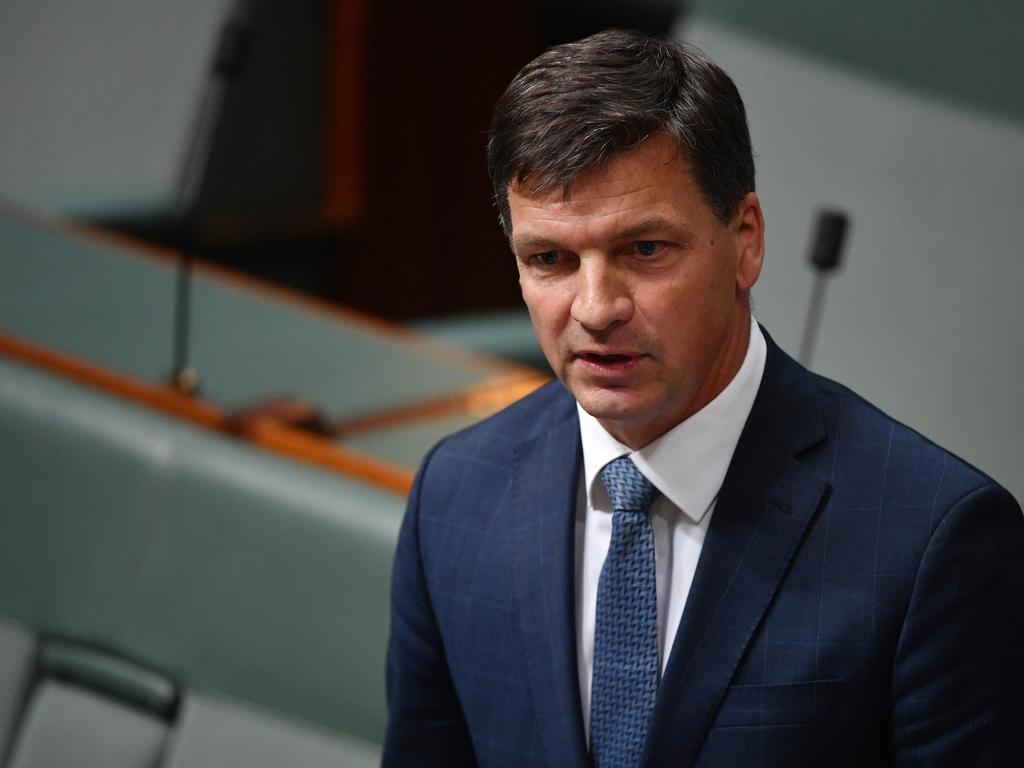


To join the conversation, please log in. Don't have an account? Register
Join the conversation, you are commenting as Logout